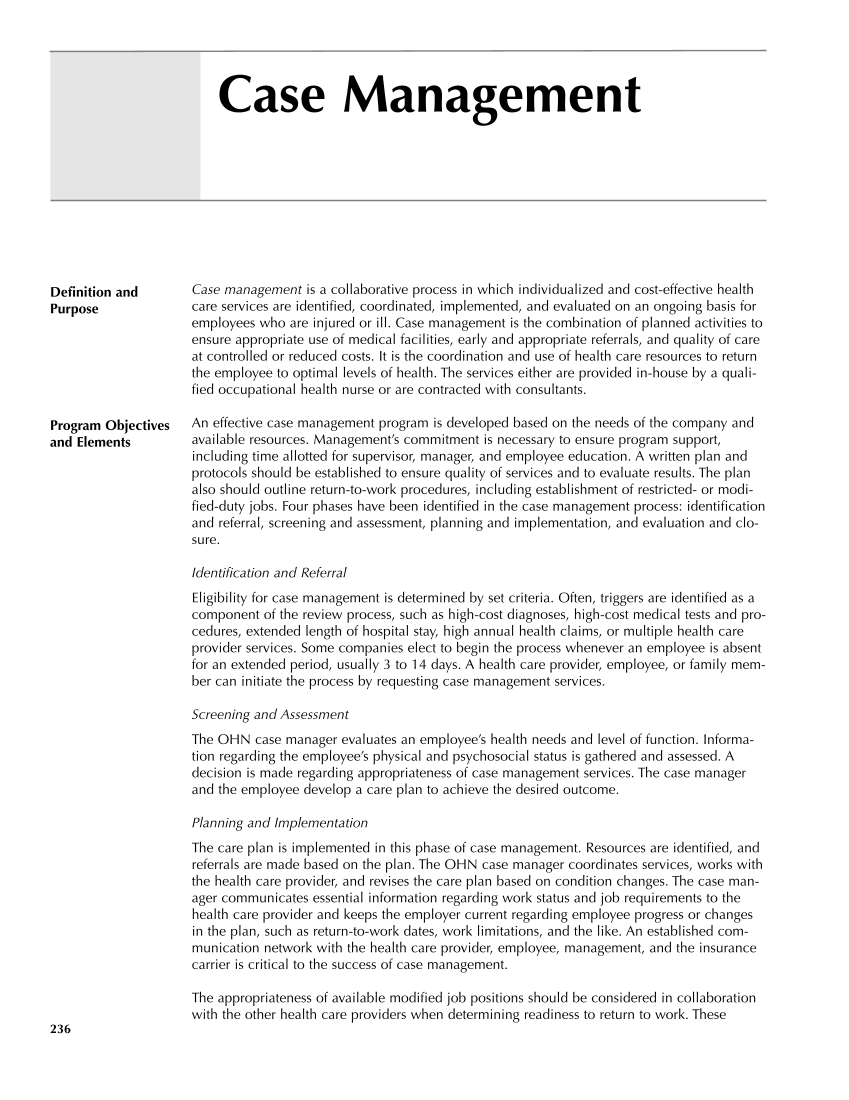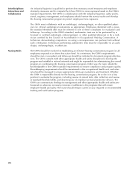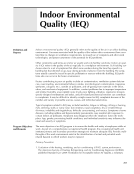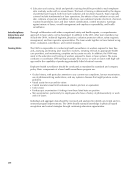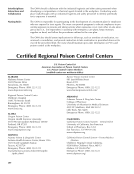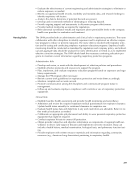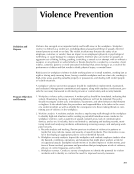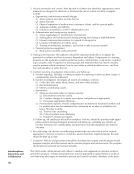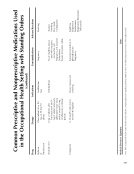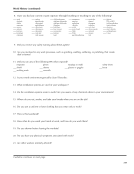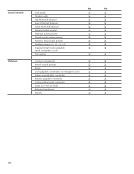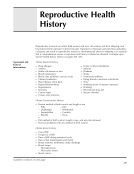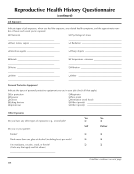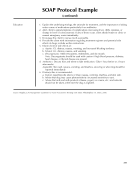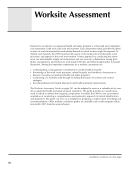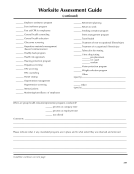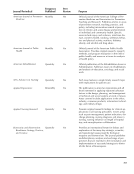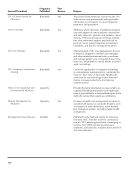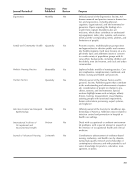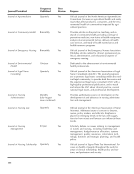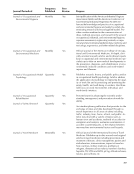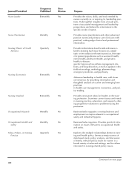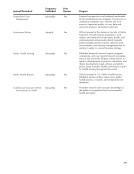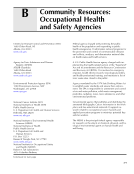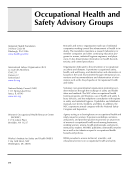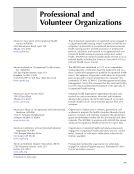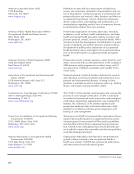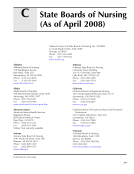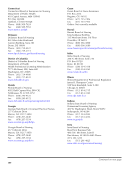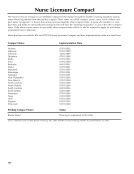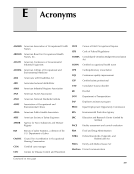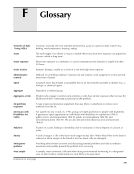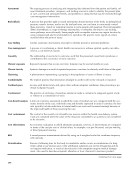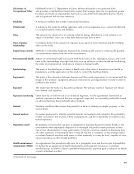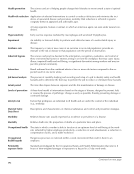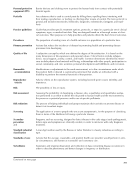Case management is a collaborative process in which individualized and cost-effective health care services are identified, coordinated, implemented, and evaluated on an ongoing basis for employees who are injured or ill. Case management is the combination of planned activities to ensure appropriate use of medical facilities, early and appropriate referrals, and quality of care at controlled or reduced costs. It is the coordination and use of health care resources to return the employee to optimal levels of health. The services either are provided in-house by a quali- fied occupational health nurse or are contracted with consultants. An effective case management program is developed based on the needs of the company and available resources. Management’s commitment is necessary to ensure program support, including time allotted for supervisor, manager, and employee education. A written plan and protocols should be established to ensure quality of services and to evaluate results. The plan also should outline return-to-work procedures, including establishment of restricted- or modi- fied-duty jobs. Four phases have been identified in the case management process: identification and referral, screening and assessment, planning and implementation, and evaluation and clo- sure. Identification and Referral Eligibility for case management is determined by set criteria. Often, triggers are identified as a component of the review process, such as high-cost diagnoses, high-cost medical tests and pro- cedures, extended length of hospital stay, high annual health claims, or multiple health care provider services. Some companies elect to begin the process whenever an employee is absent for an extended period, usually 3 to 14 days. A health care provider, employee, or family mem- ber can initiate the process by requesting case management services. Screening and Assessment The OHN case manager evaluates an employee’s health needs and level of function. Informa- tion regarding the employee’s physical and psychosocial status is gathered and assessed. A decision is made regarding appropriateness of case management services. The case manager and the employee develop a care plan to achieve the desired outcome. Planning and Implementation The care plan is implemented in this phase of case management. Resources are identified, and referrals are made based on the plan. The OHN case manager coordinates services, works with the health care provider, and revises the care plan based on condition changes. The case man- ager communicates essential information regarding work status and job requirements to the health care provider and keeps the employer current regarding employee progress or changes in the plan, such as return-to-work dates, work limitations, and the like. An established com- munication network with the health care provider, employee, management, and the insurance carrier is critical to the success of case management. The appropriateness of available modified job positions should be considered in collaboration with the other health care providers when determining readiness to return to work. These 236 Definition and Purpose Program Objectives and Elements Case Management
Purchased from OEM Press by (ge corporate access). (C) 2013 OEM Health Information, Inc. All rights reserved.
